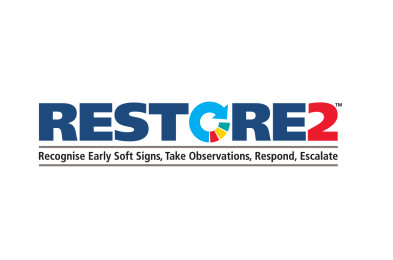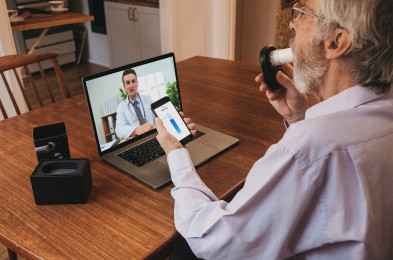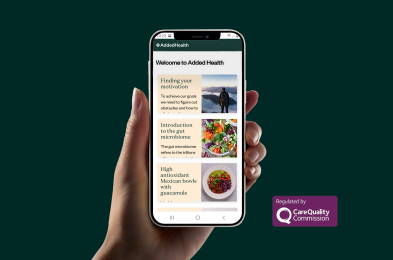Definition Health end to end digital surgery solution
Each year 12m patients undergo surgery in the UK. There is a current backlog of 4.8m patients waiting for surgery. Patients face a fragmented service that leads to a poor patient experience which can affect recovery and satisfaction. Poor assessment of patients before surgery will lead to poor preparation, increased complications, costs and often surgical cancellations. Poor patient education will also affect outcomes and contributes to litigation costs. Poor recovery monitoring can lead to increases in hospital 30-day admission rates which cost the NHS over £2.6bn per year.
About
A web-based platform that follows the NHS internet-first policy and allows patients to complete and access information at home while allowing hospitals to interact with live data in the hospital environment.
Secure Virtual Clinic - allows a hospital specialist to have face-to-face, audio or video calls with patients. Critically, it allows a clinician to send information directly to the patient and also allows the patient to send information back to the clinician. This enables a key information exchange between multiple hospital professionals (doctors, nurses, physiotherapists, pharmacists) and the patient who has a single area of information.
ePOA service - facilitates complete health assessment of a patient prior to surgery. Offers complete education of the patient on the anaesthetic, surgical procedure and consent, preparing them in advance of surgery. Finally, it allows outcome assessments to be performed before and after procedures.
Digital recovery - allows patients to remotely self-report progress following surgery, covering all aspects of care including pain, mood, sleep, areas of concern, pictures of wounds or videos of recovery. By identifying problems at an early stage, it aims to reduce hospital reattendance or readmission which currently costs the NHS £2.6bn.



